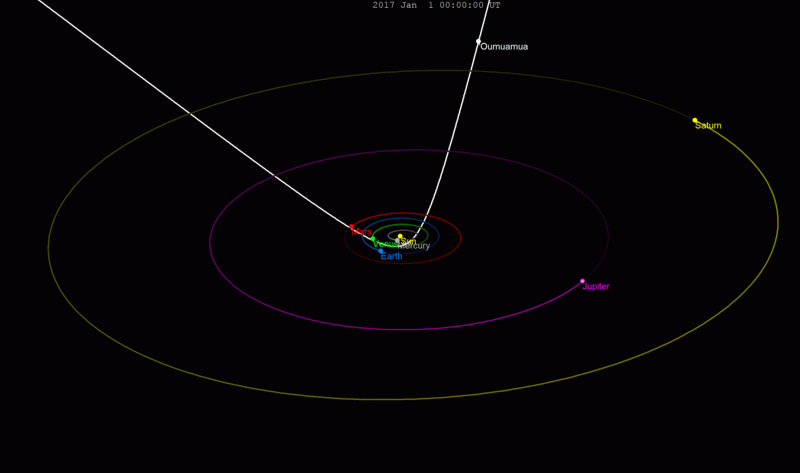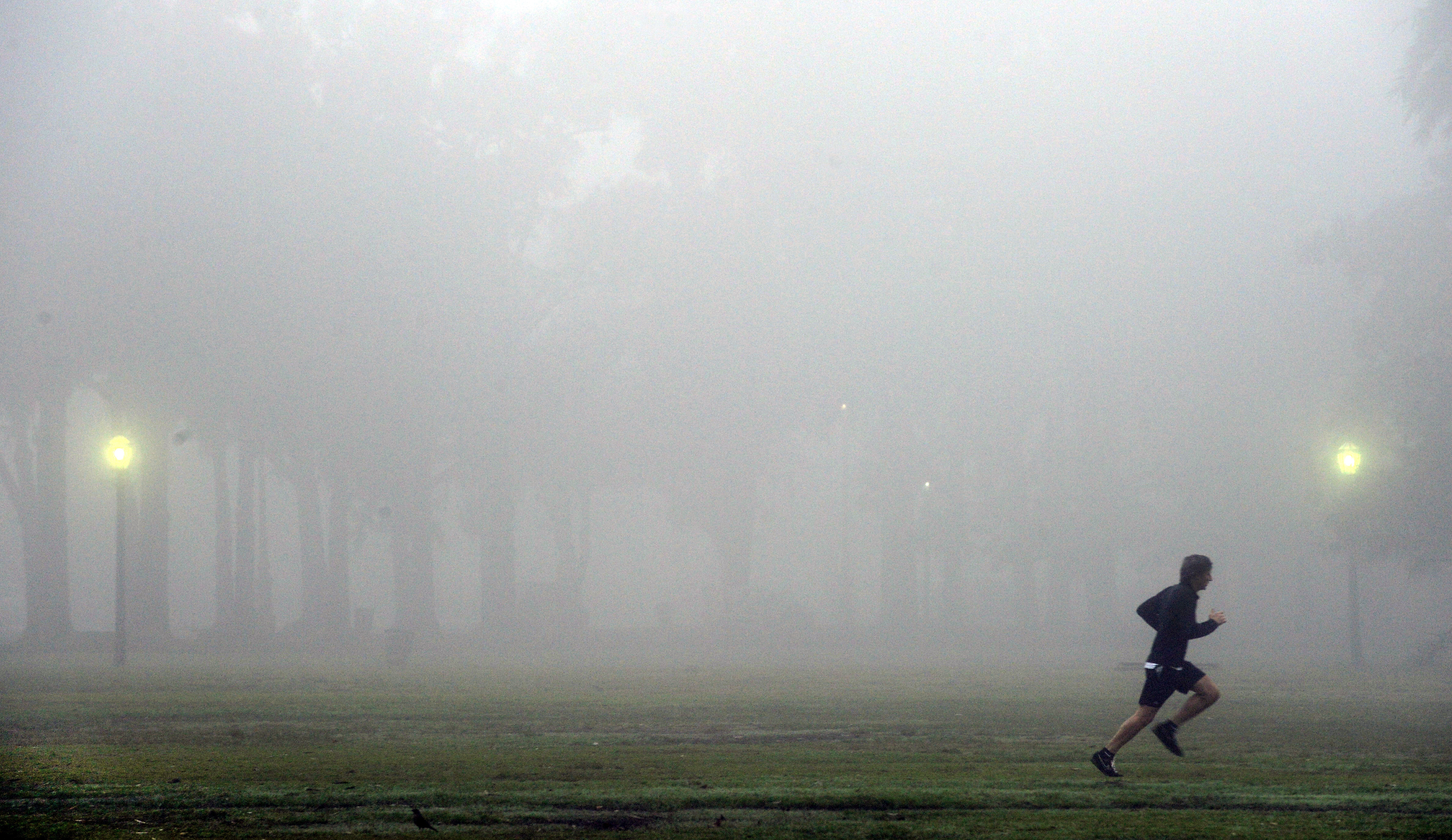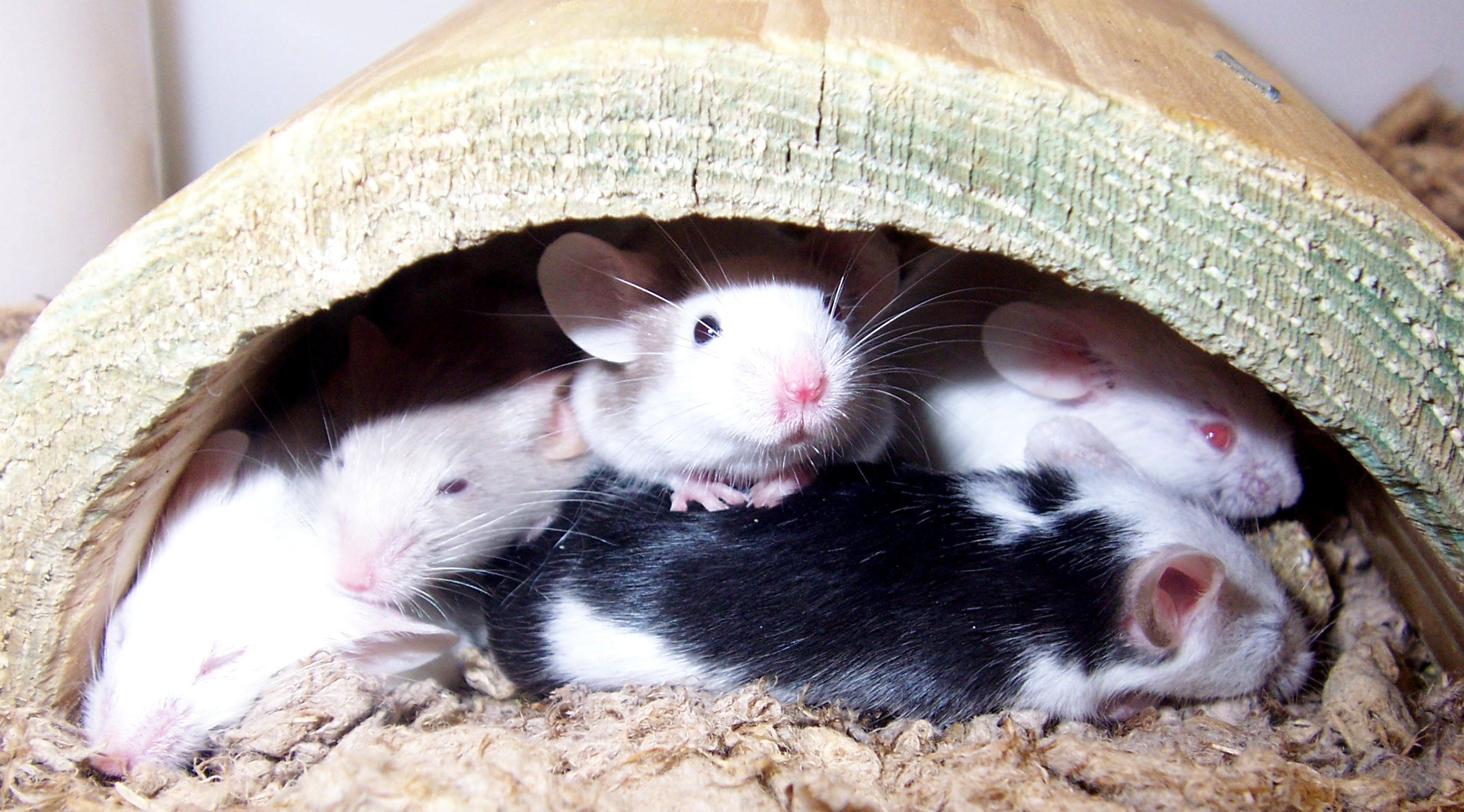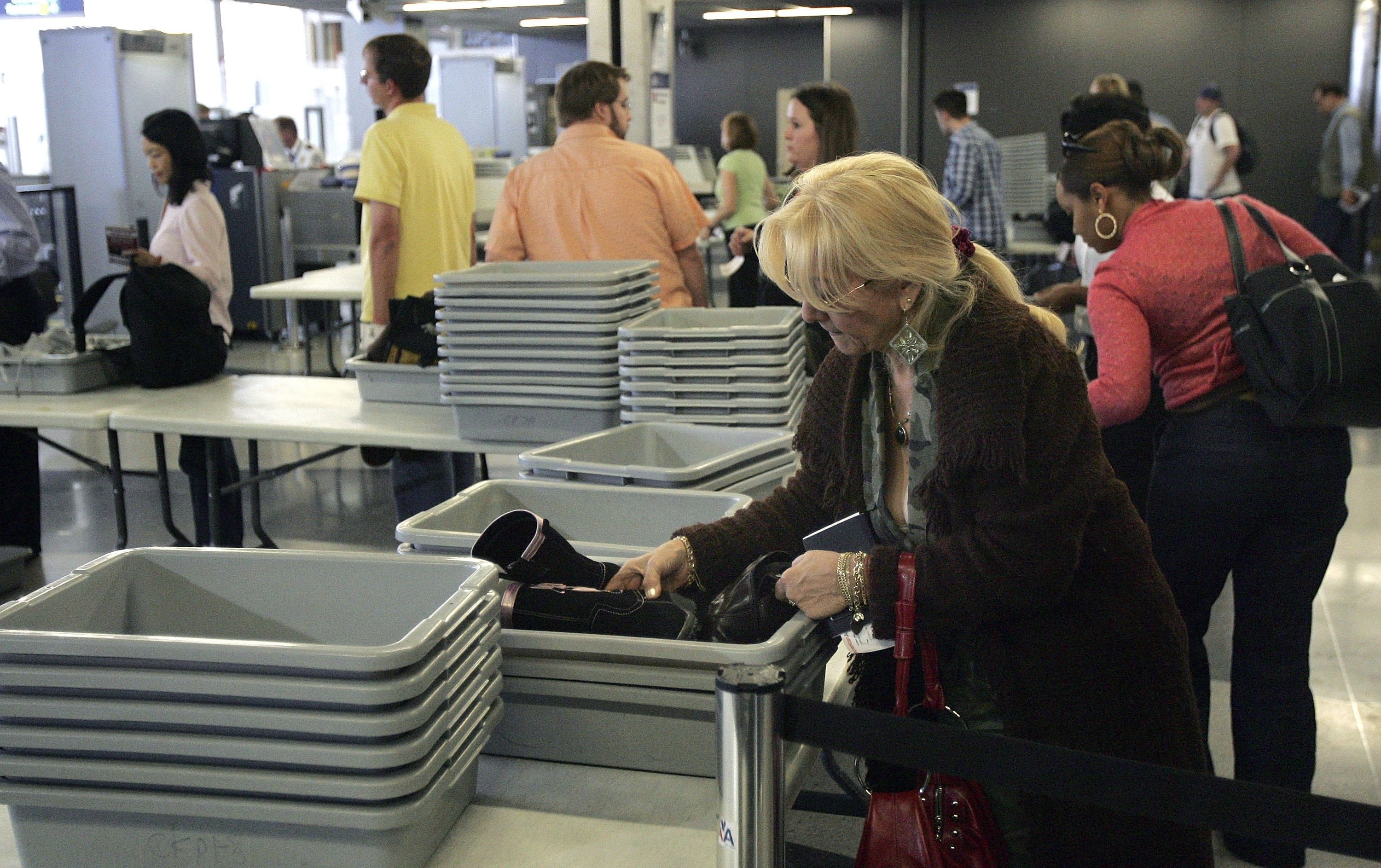Surprising Science
A large study shows changes in the brain scans of lonely people in the area involved in imagination, memory, and daydreaming.
A U.S. government intelligence agency develops cutting-edge tech to predict future events.
The Space Force will soon launch its X-37B spacecraft on a classified mission.
Research shows how “aha moments” affect the brain and cause the evolution of creativity.
Researchers make breakthrough in studying traumatic long-term memory in flies.
Scientists from John Hopkins find a material for quantum computing.
Having a dog may be one way to curb lonelieness.
There might be hope for our oceans, thanks to one clumsy moment in a coral tank.
Time to build a Corellian shipyard?
The closer together we get, the argument goes, the healthier we’ll be.
Is the future with radiative cooling?
Spinal implants deliver intermittent bursts to stimulate movement.
Why? Because you have more cells, the researchers say.
A new paper in Nature adds urgency to the fight against climate change.
It’s “clinically proven” to induce nightmares, says Burger King, which ran a pretty weird study.
Tiny and efficient, these biodegradable single cells show promise as a way to target hard-to-reach cancers.
Take one long stroll, four times a week.
Early reports show that it works, as odd as the approach may seem to some fontologists.
Scientists at Stanford Medicine recently observed that some mice recovered from strokes better than others, leading them to wonder whether or not they could find evidence that specific genes played […]
Self-cleaning trays may be on the horizon across the world.
What do we see from watching birds move across the country?
Fight or flight? We’ve all been there. Now we have an understanding of how it works.
Gut bacteria play an important role in how you feel and think and how well your body fights off disease. New research shows that exercise can give your gut bacteria a boost.
Maybe try counseling first before you try this, married folks.
A new study challenges what we understand about the workings of time.
Scientists film a closeup of DNA replication for the first time, leading to unexpected observations.



























